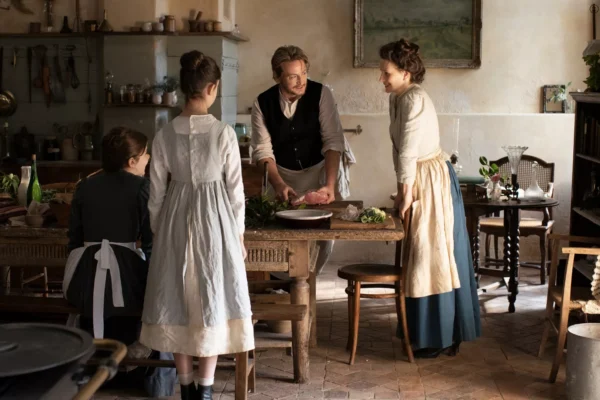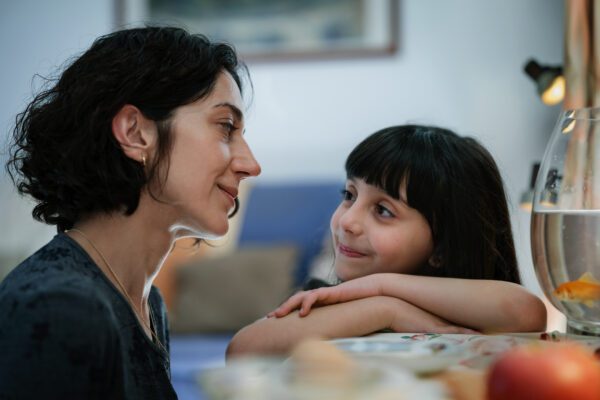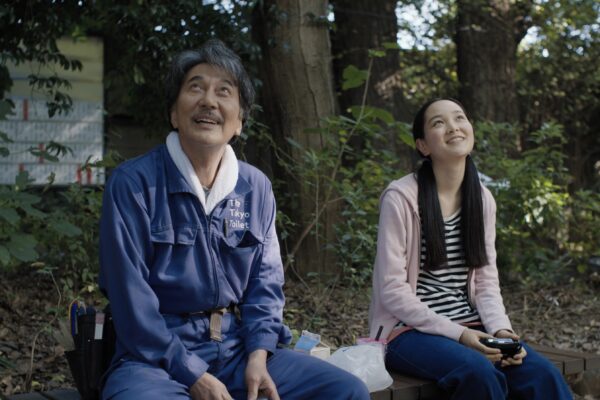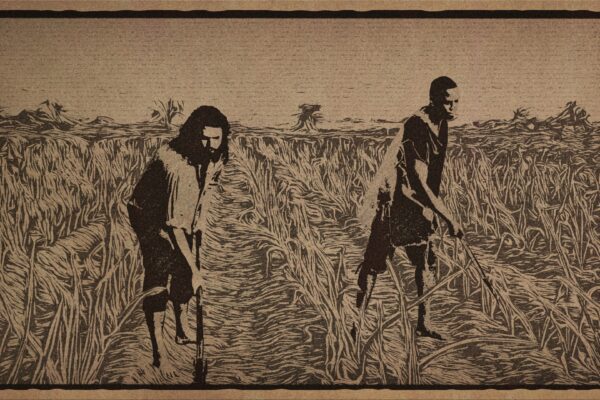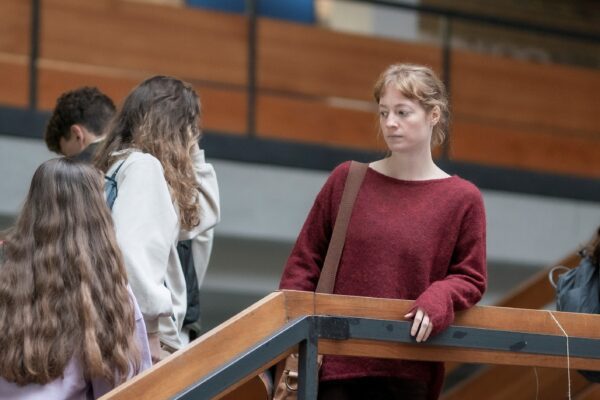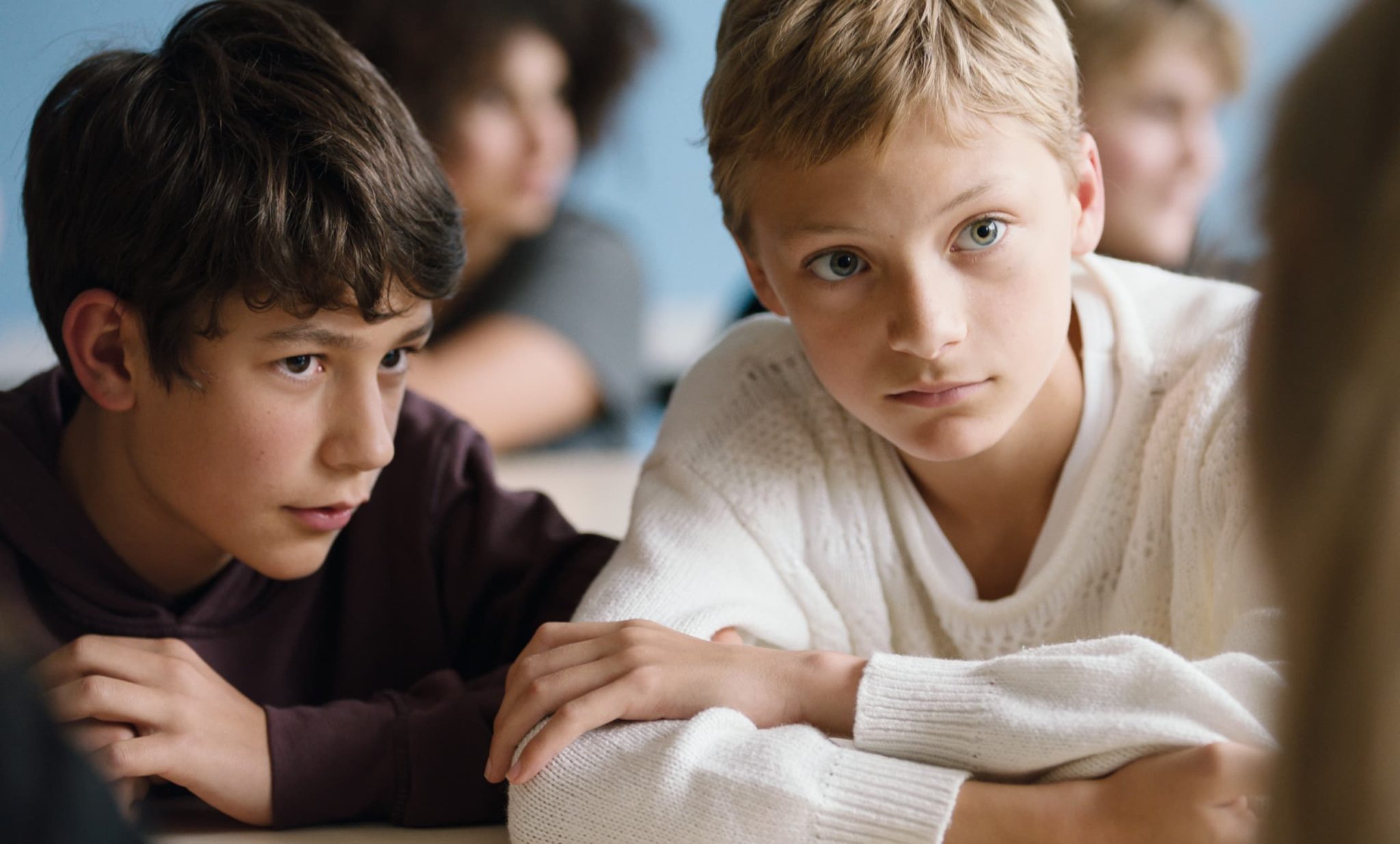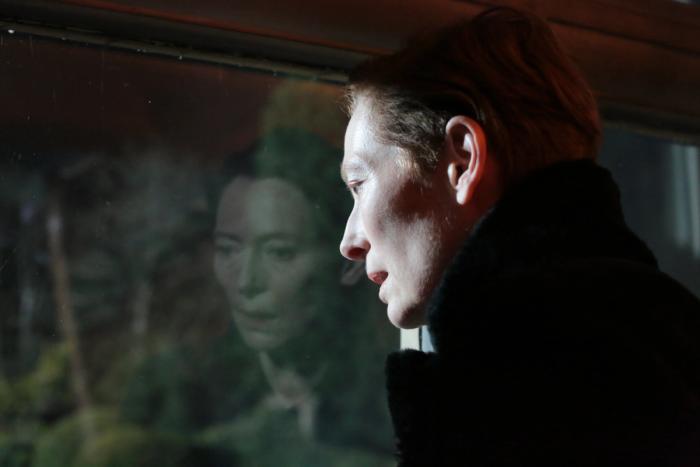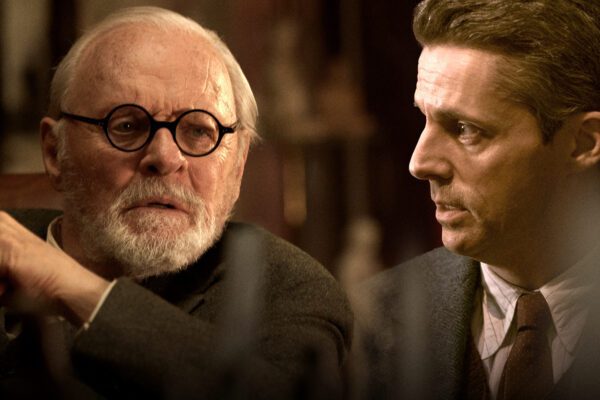
Freud’s Last Session: Reason and Faith
“Things are only simple when you choose not to examine them.” September 3, 1939. Britain has declared war on Germany. The world is filled with fear and uncertainty. That is the setting for Matthew Brown’s Freud’s Final Session, in which we watch an imagined meeting between Sigmund Freud (Anthony Hopkins) and C. S. Lewis (Matthew…

